Infidelity is not the message of Beyoncé's Lemonade and 'Becky with the good hair' - it's race
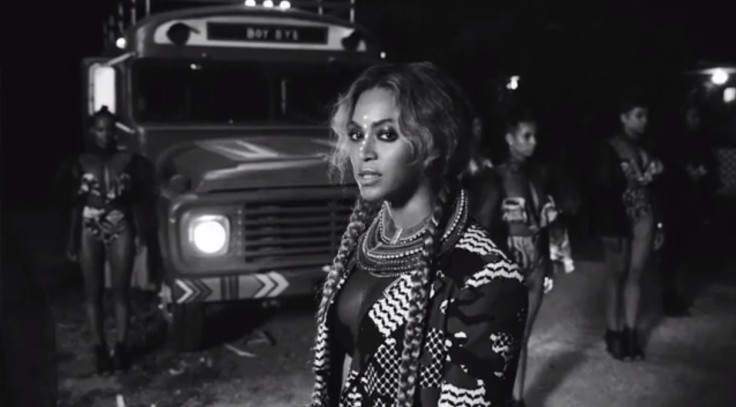
Beyoncé doesn't do things by half measures these days. She bucked the trend of over-promotion in 2013 by releasing a whole album, complete with the accompanying music videos, out of the blue. Now she's topped that feat with a soul-baring visual masterpiece in the form of Lemonade. It's a feast for the eyes as well as the ears, as it tackles modern-day racism head on, challenges the expectations we have of women, and channels the black woman experience, all through the narrative of marital infidelity and her journey to eventual forgiveness and reconciliation. But not everyone is happy about it.
Journalist Piers Morgan, who yearns for the "old Beyoncé... the less inflammatory, agitating one", has already smeared her as a "militant activist" who has chosen to "play the race card unnecessarily", alienating her non-black fans, merely to further her commercial success. He bases all this on one interview he had with her on CNN five years ago.
Morgan must know very little about the music industry to think that artists wading into the political arena is something new. Is he not mad at Bob Dylan for his prophetic song The Times They Are A-Changin' that pushes for the inevitable social and political change during the racially charged era of the 1960s? Or how about John Lennon's Give Peace A Chance? Or The Sex Pistol's infamously crude God Save The Queen? I smell double standards here.
Morgan needs to accept the obvious: Beyoncé is black. Of course she is going to create art from a black woman's perspective, because she is a black woman, despite people's subconscious whitewashing of her. Her album serves as a catalyst to discuss equality by better understanding another community's experiences. Does he really think a celebration of black culture is problematic?
Art has always been, and hopefully always will be, about exploring human experience and having something significant to say about society. There is also a modicum of irony in his criticism, because Beyoncé has always been political in her music. Single Ladies, a seemingly generic club favourite, is actually about women feeling proud of not relying on men, something society has historically told them is expected. She also challenges the constant pressure on women to look perfect in Pretty Hurts and was empowering women to be Independent Women way back in her Destiny's Child days. So why all of a sudden is it problematic?
As for it being merely a money-spinner for Beyoncé, does this really seem plausible? She's already a millionaire tens of times over. I could easily make the same argument about him; has he just written a controversial article about Lemonade just to remain relevant and make money off the back of it?
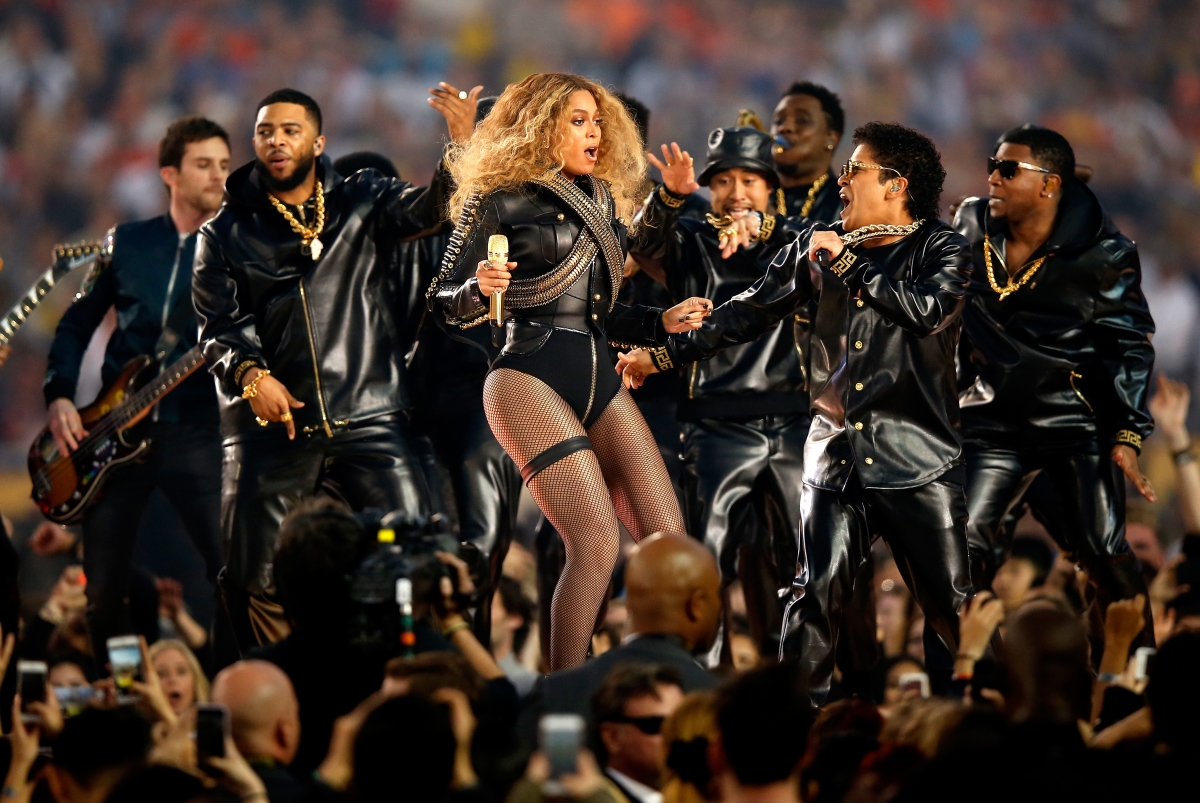

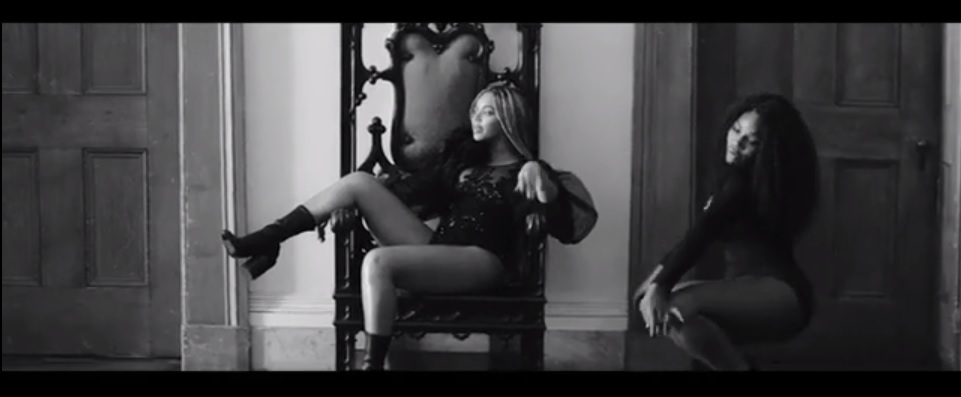


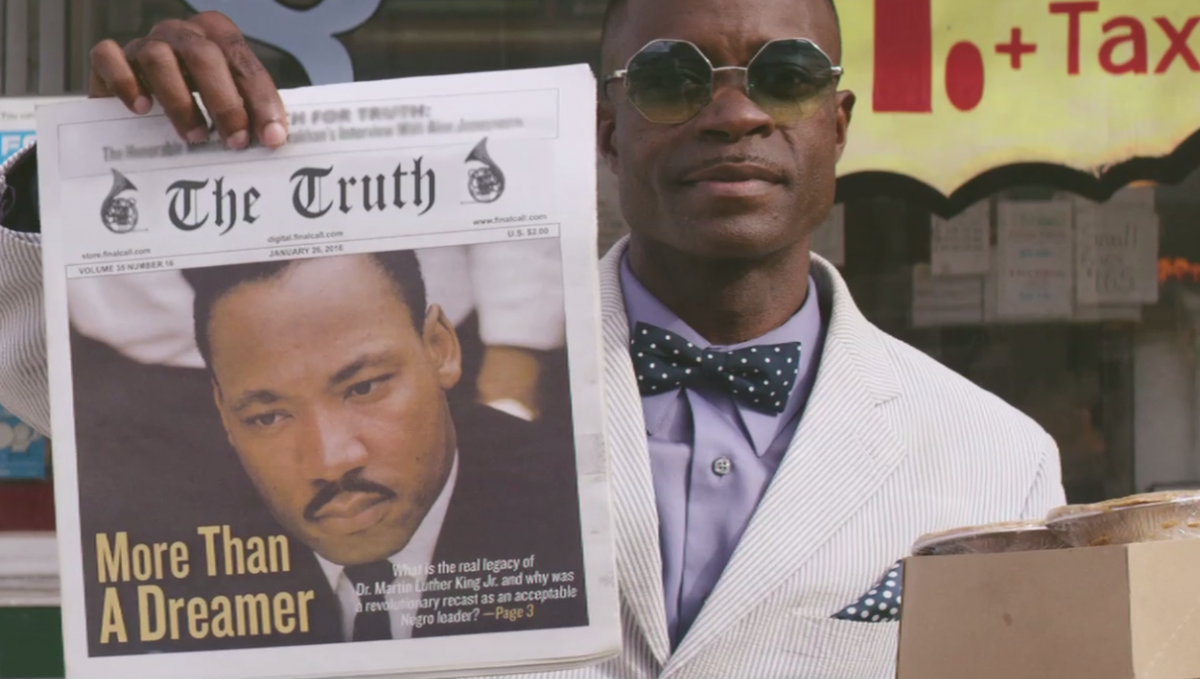

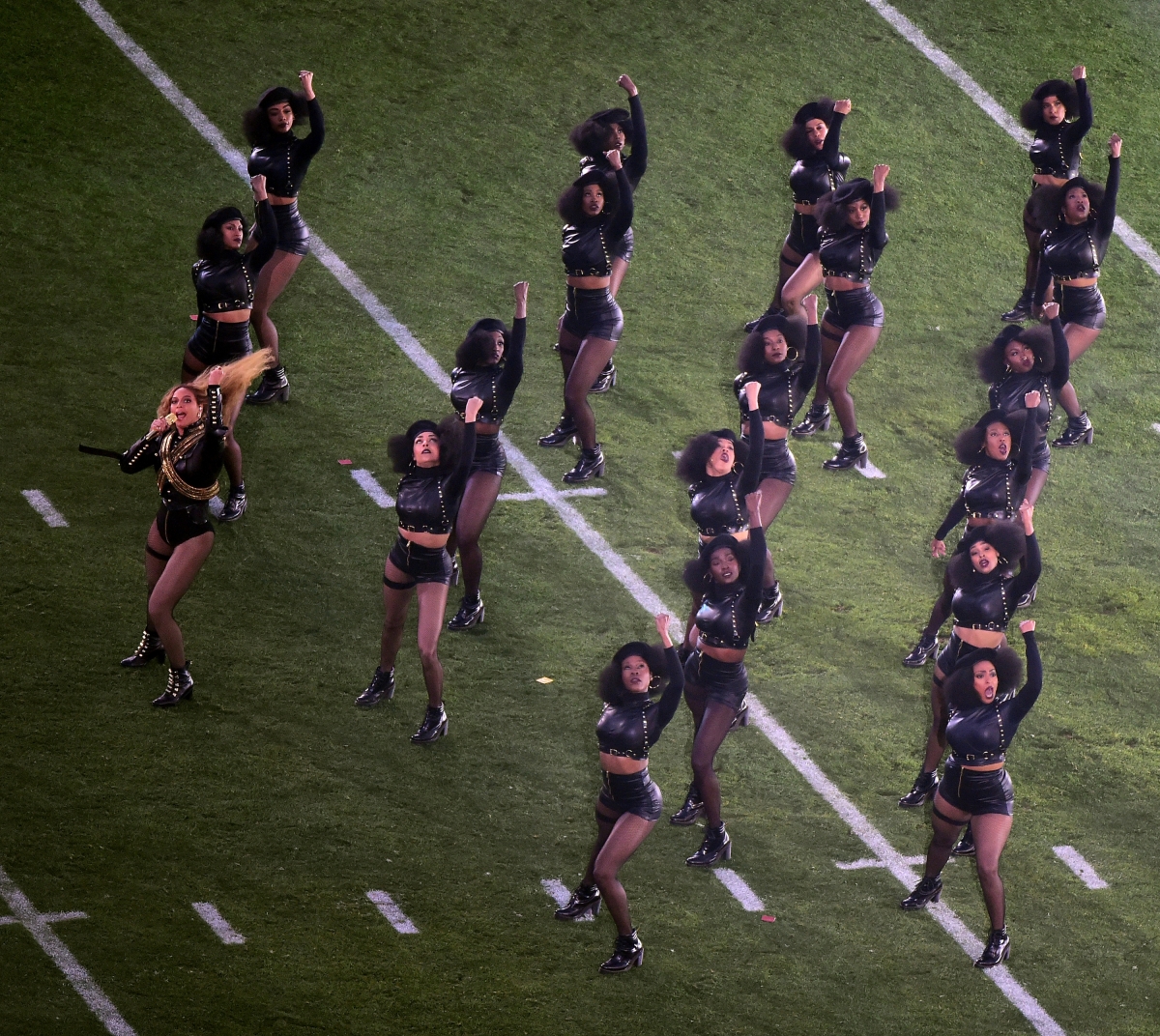

As well as dismissing Morgan's ludicrous comments, I feel it is essential not to lose sight of the true importance of Beyonce's body of work. Much of the media attention has been speculation about who "Becky with the good hair" is. As a result, the main "suspects" Rita Ora and Rachael Roy have had their Twitter and Instagram pages littered unfairly with bee and lemon emojis. I would be lying if I said I wasn't mildly curious myself as to who the infidelities were with, but beneath the marital struggle of one woman, is a tribute to the vibrancy and complexity of black culture.
The film is awash with a visual spectrum of blackness: braids; tribal wear and make-up; afros. There's Serena Williams, a black woman often unfairly derided for her "masculine figure", twerking in a carefree manner. Beyoncé channels the beautiful Egyptian Queen Nefertiti, arms bent back and hair stacked high in reference to Nefertiti's infamous bust. Freedom's lyrics evoke imagery of slavery.
We hear an extract from political activist Malcolm X on how powerless black women in America are and we see a deeply poignant scene of female relatives holding framed pictures of their dead sons, murdered by police officers. The past and present are merged to form a detailed portrait of the black struggle and our heritage.
The variety of the music itself is a threading together of a tapestry of different genres of black inspired music: gospel, calypso, country, rock mixed with flecks of Ska and her own unique neo-black sound. Each genre clashes and contradicts one another just like the different palettes of emotions played out through each song. Even the lyric "Becky with the good hair" is not accidental, but implies a concept embedded into our ideals of beauty, that natural black hair is not considered "good hair" by society. She provides a window into the black female experience, a largely voiceless community, on a scale never seen before.
Yes, the potential revelations about Beyoncé's marriage are salacious, but it should not overpower the real messages at the core of this album. This album is not about pitting whites against blacks, neither is it about hunting down "Becky". It is certainly not designed to make the white majority feel at ease. Inevitably the uncomfortable truths Lemonade unapologetically unearths aren't made for easy listening, but can allow us to understand each other's perspectives better than ever. As for Piers Morgan? As Beyoncé would probably say: "Middle fingers up... tell him boy, bye".
Banseka Kayembe is a recent law graduate from the University of Surrey.
© Copyright IBTimes 2025. All rights reserved.






















